In this article we explain what social skills are, describe the types, and propose exercises, activities to work on social skills.
What are social skills?
Social skills are the set of behavioral strategies and the abilities to apply those behaviors that help us resolve a social situation effectively, that is, in a way that is acceptable to the person themselves and to the social context in which they are.
They allow us to express feelings, attitudes, desires, opinions or rights in a manner appropriate to the situation in which the individual finds themselves while respecting the behaviors of others. For this reason, they help us improve our interpersonal relationships, feel good, obtain what we want and prevent others from stopping us from achieving our goals. Moreover, these behaviors are necessary to interact and relate with other people effectively and in a mutually satisfying way.
These skills are essential in any environment we may find ourselves in (with family, at work, on the street, etc.). Proper application of these skills is beneficial for learning to express oneself and understand others, taking into account everyone’s needs and interests, trying to find the most satisfactory solution for everyone when faced with a problem, or being supportive—fundamental things if we want to live in society.

Subscribe
to our
Newsletter
Types of social skills:
If we ask what types of social skills there are, we can talk about two types. First, basic social skills, and, on the other hand, complex social skills.
Basic social skills:
- Listening
- Starting a conversation
- Asking a question
- Saying thank you
- Introducing oneself
- Introducing others
- Giving a compliment

Complex social skills:
- Empathy. The ability to put oneself in another person’s place.
- Emotional intelligence. Emotional intelligence is a person’s social skill to manage feelings and emotions, discriminate among them and use that knowledge to direct one’s own thoughts and actions (Salovey and Mayer, 1990).
- Assertiveness. Referring to the ability to be clear, frank and direct, saying what one wants to say without hurting others’ feelings or belittling others’ worth, simply defending one’s rights as a person.
- Ability to listen. That is, being able to listen with understanding and care, understanding what the other person means and conveying that we have received their message.
- Ability to communicate feelings and emotions. Being able to express our feelings to others in a correct way, whether positive or negative.
- Ability to define a problem and evaluate solutions. That is, a person’s ability to analyze a situation taking into account objective elements as well as each individual’s feelings and needs.
- Negotiation. Communication aimed at finding a solution that is satisfactory for all parties.
- Modulation of emotional expression. The ability to adapt the expression of our emotions to the environment.
- Ability to apologize. Being aware of mistakes made and acknowledging them.
- Recognition and defense of one’s own and others’ rights. The ability to be aware of our rights and those of others and defend them appropriately.
Examples of activities to work on social skills
If you’re wondering how to develop social skills in children, how to work on social skills in adolescents, or you’re looking for how to develop social skills in adults, below are some example activities to develop social skills:
1. Emotion recognition
If we’re looking for social skills exercises, Emotion recognition is an ideal activity for that.
What does it involve?
It consists of recognizing the emotions shown and matching them with the terms that define them. In this case you must choose whether this young man shows hate or amusement.
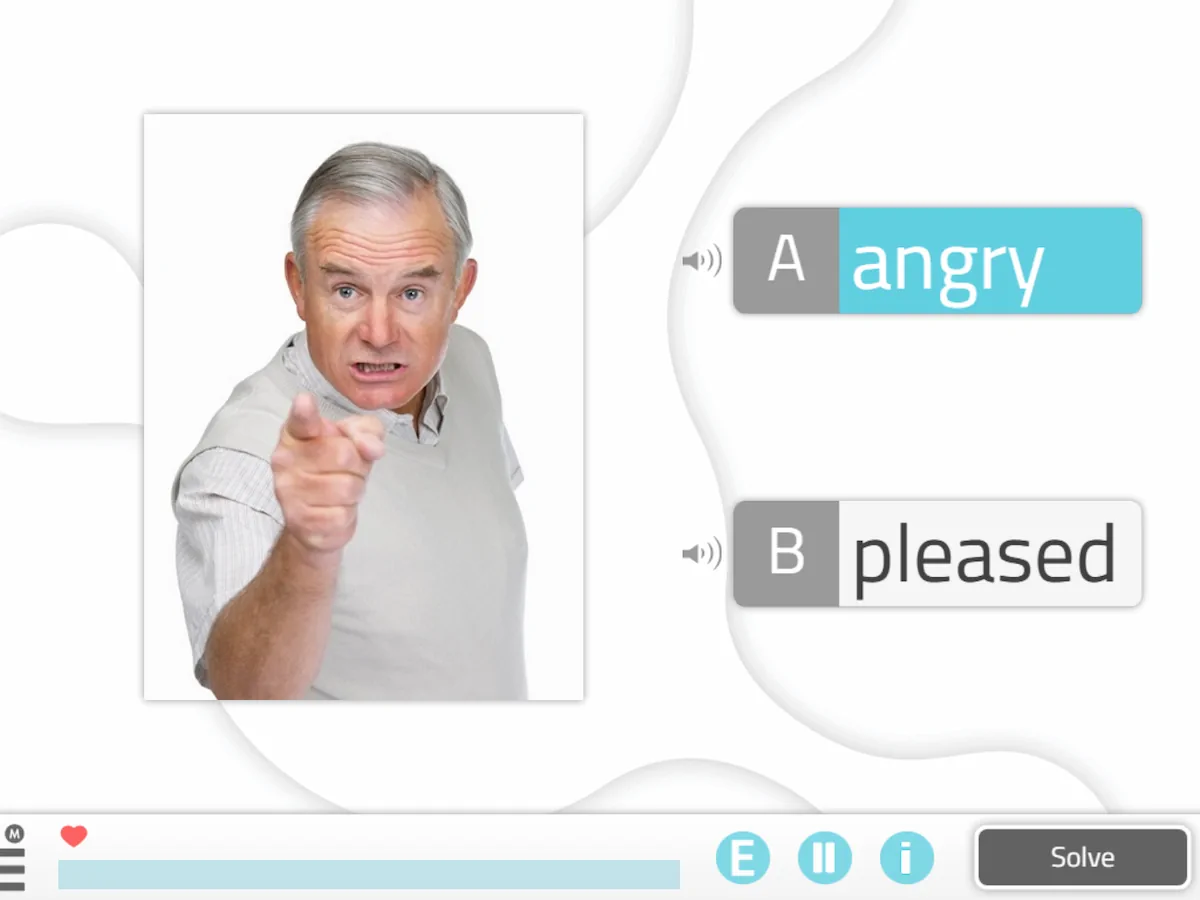
What does this activity target?
It is an activity to work on social skills that stimulates social cognition, vocabulary and reasoning.
Why is mastering social skills important?
Social skills are fundamental in our daily lives, and are a core part of an intervention focused on social cognition. Training, learning and developing these competencies is essential for our user to achieve optimal and satisfying relationships with others, whether in the family, work, or social spheres. Social skills also play a fundamental role in improving self-esteem, enhancing communication and achieving life goals.
If you liked this post about social skills: definition, types and exercises to work on them, we recommend you take a look at these posts from NeuronUP:
“This article has been translated. Link to the original article in Spanish:”
Habilidades sociales: definición, tipos, ejercicios y ejemplos

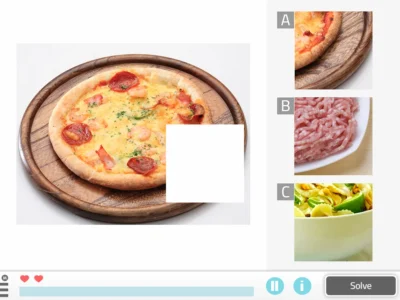

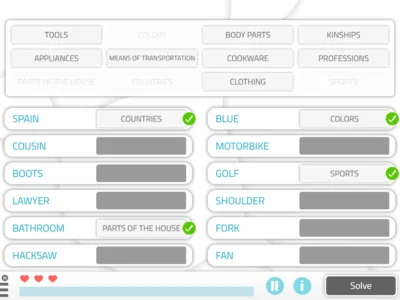

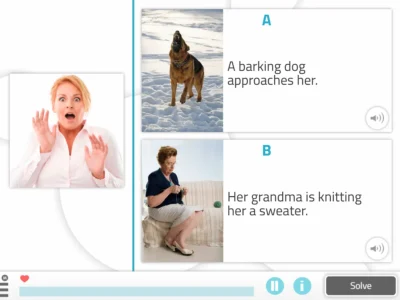
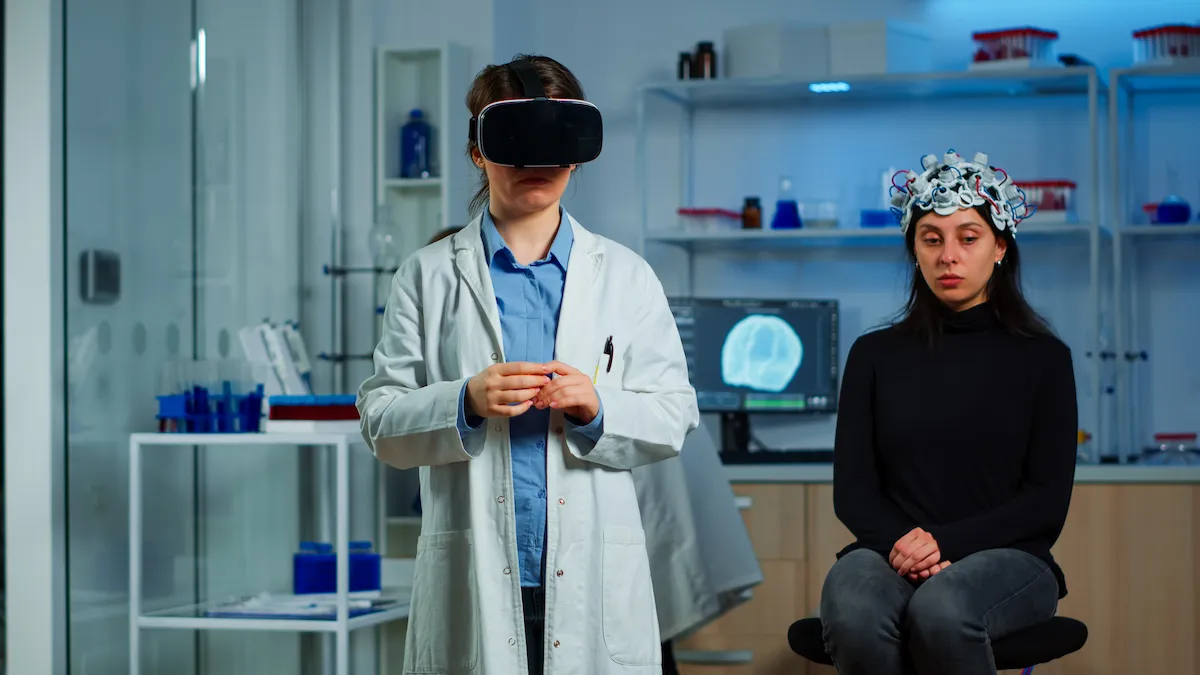
 5 Cognitive Stimulation Cards to Work on Gnosis
5 Cognitive Stimulation Cards to Work on Gnosis
Leave a Reply